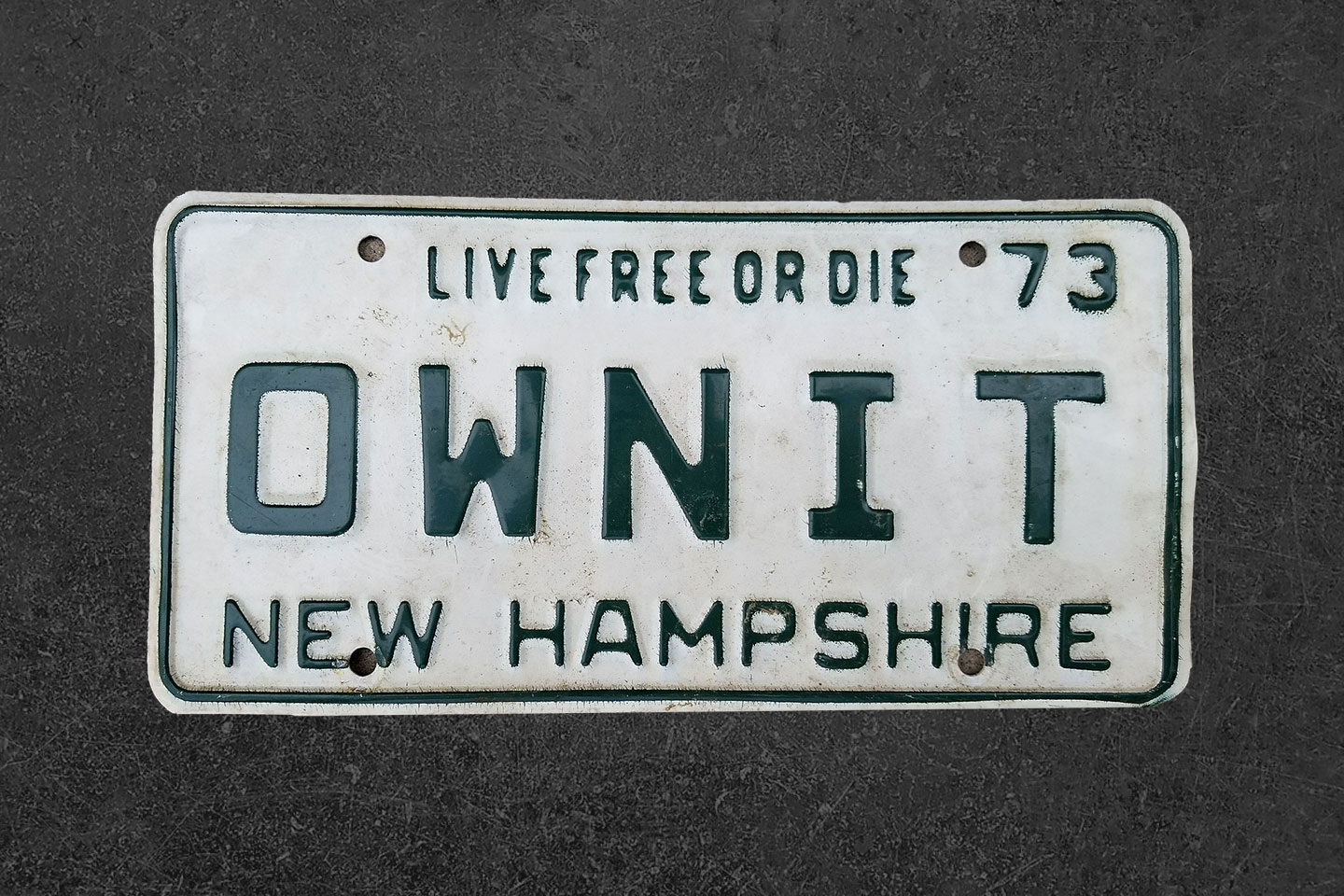About 100 years ago, the government started making auto insurance mandatory. But it took 50 years for a full suite of “financial responsibilities” laws to become implemented across the country (except, of course, in New Hampshire, where “Live Free or Die” is not just a figure of speech). Most people with enough money to afford a car did not have enough money to cover the cost of the damage they could now inflict.
Insurance is the most financially efficient way to realize the responsibility for damage a car driver can cause. For a small amount paid by many, loosely adjusted for how risky you are, insurance covers a large expense for relatively few incidents.
Except for New Hampshire, red and blue states generally agree that we must prove financial responsibility before we expose society to the risk associated with us driving a car. The cost we could impose on others for lack of that proof is simply too high.
Life insurance and annuities are not mandatory. The risks they protect us from are also very different. While we could well never get in a car accident, we will all die at some point. It’s just a matter of time. Term life insurance is really a death benefit to the holder’s survivors. The insurance company invests the small premium payments and pays out the large benefit with a combination of premiums of others who are no longer paying in, the lapse rate, and investment returns.
There are many shapes and flavors of mortality-based insurance; many are quite inefficient. A huge number of policies lapse (I’ve read as high as 90%) for one reason or another. Most come with hefty price tags to pay the sales agent for patiently walking you through the arcana that most eventual buyers still don’t fully understand. Given how much incentive a life insurance company has for its customers to lapse, I would generally recommend buying a policy from a mutual, a type of insurance company that is owned entirely by its policyholders. Mutuals don’t have to create profits to shareholders, so they are more financially efficient and aligned. A new crop of fully digital life insurance players — including one we have invested in, Bestow — provide the means by which to lower sales costs, price better based on real risk and decrease lapse rates.
Life insurance needs optimization and does not need to become mandatory, in my humble opinion. But annuities are something else. Annuities are in the dark ages of insurance arcana, therefore expensive, therefore unpopular, and yet so important they should be mandated. Here’s why.
As I have written about, as have many more and greater minds before me, we are entering a retirement crisis. Basically, too many have saved too little for later in life, our lives are getting longer, employers have opted out and Social Security can’t keep up. The numbers are staggering. It takes just over $300K in savings by 65 years old to live just above poverty. The average person in their 60s today has about $180K. 10,000 people turn 65 every day, which represents an annual deficit of $260 billion to get all retirement-age Americans to 133% of poverty — not an aspirational bar. This gets worse with a glut of retirees, who will live longer than ever before. Who picks up the bill?
The cost to others for getting old without financial ability to pay for the consequences of doing so is an order of magnitude larger than the cost to others when driving a car without financial ability to pay for the consequences. And while we can choose not to drive a car, we cannot choose to stop getting older. People will work longer (as long as there are jobs to be had), but at some point that becomes out of the question, and you still need to eat, pay rent and pay for increasing medical expenses, to say nothing of anything up Maslov’s hierarchy of needs.
Teresa Ghilarducci and Tony James wrote an important blueprint for what a solution could look like in their recent and important book, Rescuing Retirement (and my genuine apologies to Professor Ghilarducci for omitting her name in a version of a previous article). Basically, we save 3% of our income, invest it well and annuitize it (so that those who only live to 69 subsidize those who live to 99, much in the same way that people who never get in accidents subsidize those who do).
I can be tone deaf, but my sense is that the federal government is not about to take this on, although it 100% should. Some states are — good. Auto insurance started taking off when soldiers returned from World War I and began buying and driving cars. Now that the pension is officially (and tragically) old news, and the cracks and deficiencies of an eroding Social Security war-chest and the 401(k) are on greater display, perhaps the 50 years it took to standardize auto insurance will be cut in half now (except New Hampshire, of course).
Next, I’ll dig into how entrepreneurs are helping us solve this crisis and where I see opportunity.
Also: Felicity Hassan and I suggest some ideas for increasing diversity at work. The retirement industry needs to follow healthcare and focus on results, or defined benefits.
Author: Arjan Schütte




